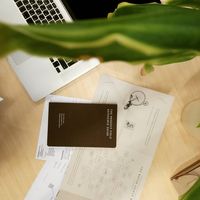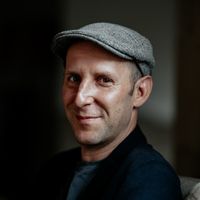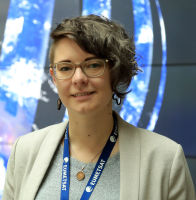Starting with why: Project Céleste
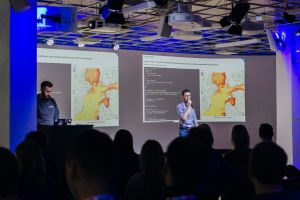
On Nov 22-24th, the Copernicus #OceanHack brought together marine data and remote sensing experts, designers, developers, data scientists, business visionaries, and experts in marine fields from all over the Baltics and further to Tallinn, Estonia.
Garage48 blog
A month before the hackathon, the pre-event gathering, we came up with an idea, some research, and ambitious plans, but the jury said "No". Discouraged, we made the decision to break up the team.
Yet I still found myself and a friend of mine at the event. To everyone's surprise, 48 hours later, we showed remarkable results.
It was Kai who emailed me after the pre-event. Her words of encouragement forced me to change my mind regarding the participation. The only question was – what was I going to build in 48 hours?
Have you ever heard about Simon Sinek? In his famous TED talk, Simon tells us about two questions which preceded the "What". These are the "Why" and the "How".
The first question: Why? My new goal for the hackathon wasn't about victory or about prizes. It was about meeting new people and building good connections with both mentors and participants.
The second question: How? By helping other teams and contributing to their success. For that, I would learn more about their experiences during the hackathon and find a real problem to solve.
These two answers and a constraint (a small team and very limited time) became a good creativity driver. Thus, the ideas started to come up quickly.
A list of examples and code snippets might be useful. Let it be an open-source project, so others could contribute too. And since it's Copernicus who is running the hackathon, let's focus on their data and services.
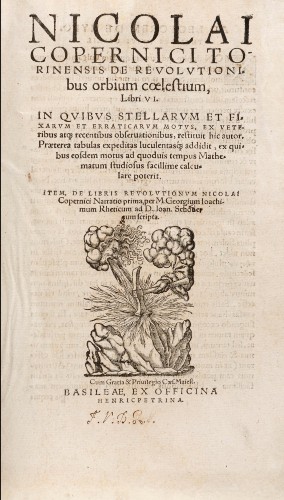
The idea has now framed: An open-source guide to Copernicus data, driven by examples. My summer's research and interviews with journalists added some confidence about the importance of this mission.
What was missing now was a good name that might work well for Copernicus' handbook.
Back in the 16th Century, Nicolaus Copernicus wrote a book called, "On the Revolutions of the Celestial Spheres". This book changed the World with the ideas that we now know as Heliocentrism and Gravity. With the name "Project Celeste", we pay a tribute to his life's work.
Long story short, our team of two was a success! We met awesome people and made new connections, interviewed five teams to learn about their obstacles, got recognized by the mentors, and even got an incentive prize. Most importantly, we laid down the foundation for something promising.
Asking “Why?” takes boldness away but it pays off. The hackathon's goal was achieved.
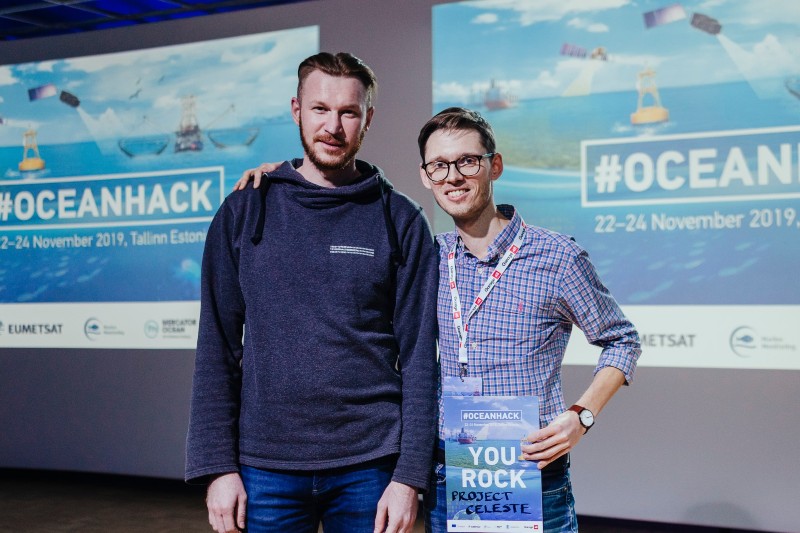
P.S. Deepest gratitude to my dear friend Aleksei, who has joined at the very last minute to take care of the visual part. Man, you made it!
P.P.S. Subscribe to this newsletter if you'd like to stay updated about the progress with the Project Céleste. Or meet me at #EUSW2019, if you're in Helsinki on Dec 4-5.
Links
- Project Céleste on Github: https://github.com/oceandata/celeste
- A blog post about the hackathon from Garage48: http://garage48.org/blog/tackling-the-pollution-and-safety-of-the-baltic-sea-with-copernicus-data
- My old post about interviews with journalists: https://thesatsat.com/5-main-takeaways-from-my-interviews-with-environmental-journalists/
- Start with why, the famous TED talk by Simon Sinek: https://www.youtube.com/watch?v=4VdO7LuoBzM
